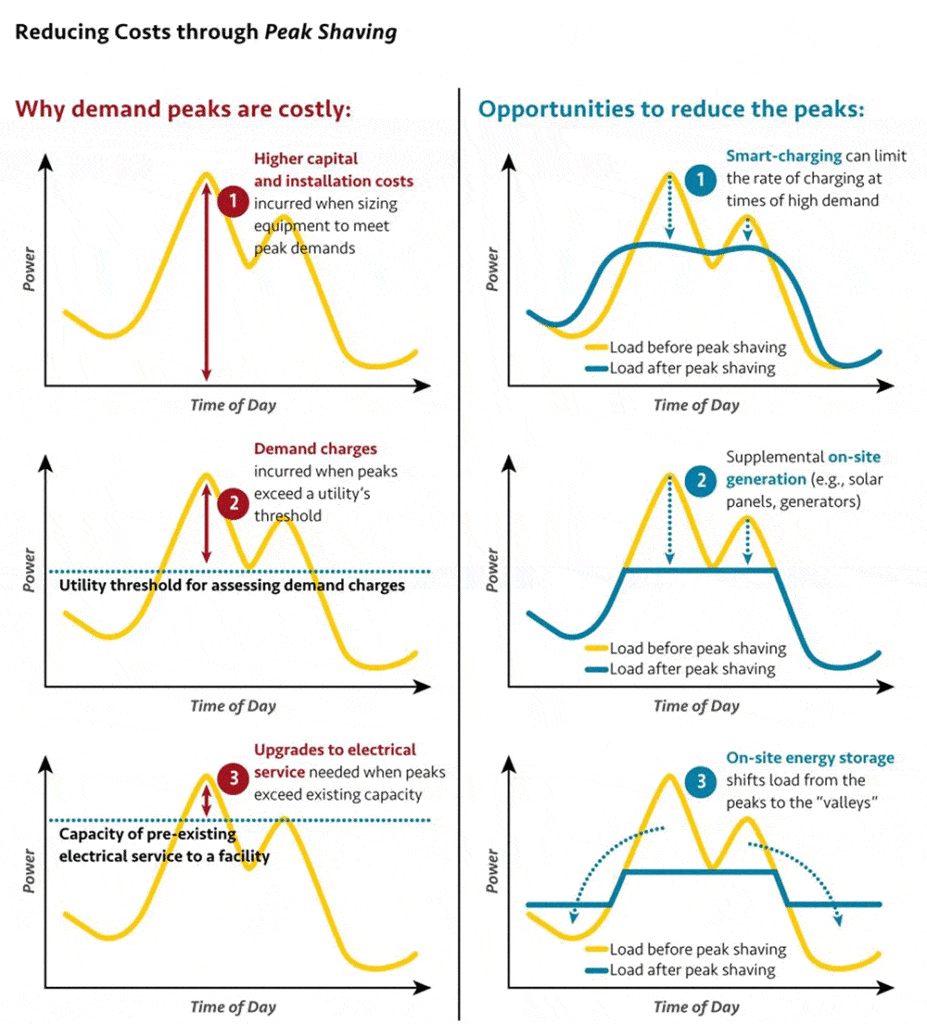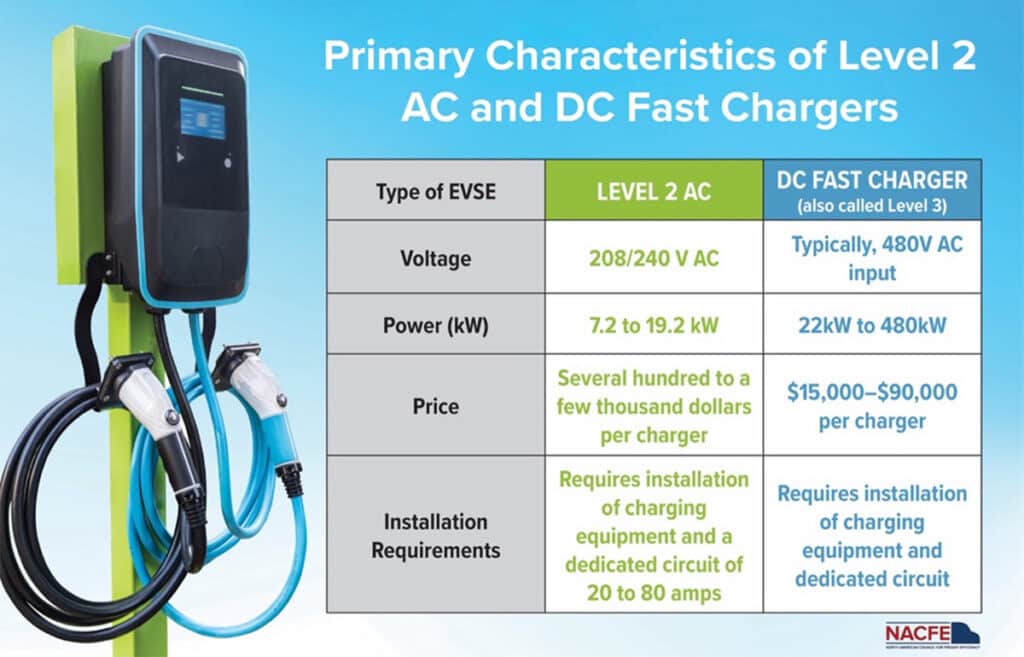Electric vehicle (EV) charging for fleets presents unique cost considerations, distinct from traditional diesel fuel pricing which typically remains constant throughout a day. Understanding the true cost of EV charging requires a comprehensive grasp of both fleet operations and the fluctuating nature of electricity pricing.
Understanding Electricity Pricing and Its Impact on EV Charging Costs
Unlike diesel, the cost of electricity can vary significantly within a day, making it crucial for fleets to comprehend how utilities calculate the price per kilowatt hour. The total cost of EV charging is influenced by the number of vehicles in a fleet and their daily mileage, similar to diesel. However, it’s equally important to consider when vehicles are idle and available for charging. This includes not only extended periods, such as overnight parking, but also shorter intervals suitable for opportunity charging, which can help extend an EV’s range.
Deciphering Your Utility Bill: Key Charges to Consider
Fleet managers should familiarize themselves with specific components of their utility bills to fully understand EV charging costs:
- Service Charges: These fees cover the connection of power to your location and meter maintenance.
- Usage Charges: The cost for the actual amount of electricity consumed.
- Demand Charges: As defined by the U.S. Department of Transportation, these are additional fees levied on commercial customers to offset utilities’ infrastructure costs for meeting peak demands. They apply when a customer’s peak demand surpasses a set threshold.
- Peak Charges: These apply during high-demand periods, typically weekday evenings, when electricity costs more due to increased overall demand.
Avoiding peak periods can significantly reduce charging costs, as electricity is more expensive during these times.

Charging Speed and Cost Considerations
The charging speed can also influence fuel costs. There are various chargers suitable for medium- and heavy-duty trucks:
- Level 2: These chargers provide 208/240V AC at up to 80 amps to provide up to 19.2 kW of power which is sufficient for many commercial vehicle fleets, according to Charging Forward with Electric Trucks, a report from the North American Council For Freight Efficiency.
- Level 3: This is commonly referred to as DC Fast Charging (DCFC) and uses three-phase 480V AC power. DCFA delivers power at rates that range from 22 kW to 480 kW.
- Megawatt Charging: This type charging is not yet available. When it is, it is expected to deliver DC power up to 3.75 MW.

Balancing Speed, Uptime, and Cost in EV Charging
Selecting the right charging strategy involves a variety of factors to achieve a balance of speed, uptime, and cost. A Charging Management System (CMS) can be instrumental in optimizing vehicle charging, ensuring that fleets utilize energy when it’s most cost-effective. The objective is to guarantee that trucks are adequately charged and ready for use, but at the lowest feasible rate.
Complexities in Cost-Efficient EV Charging
Efficiently charging EVs involves navigating various factors such as the duty cycles of each EV, their availability for charging, and the diverse utility costs. Incorrect decisions regarding charger type or charging times can significantly impact overall costs.
Leveraging Technology and CaaS for Optimal Charging
Tools like Electrada’s EV fleet electric fuel cost calculator serve as an initial step in estimating the cost to charge your vehicles. Moreover, Electrada offers comprehensive solutions for EV fleet charging, handling all aspects of fleet electrification, from a fully capitalized design and build of EV charging infrastructure to full management of the solution with price predictability and performance guarantees. Get in touch to explore Electrada’s 360 Charging-as-a-Service and how it can revolutionize your fleet’s charging strategy.



